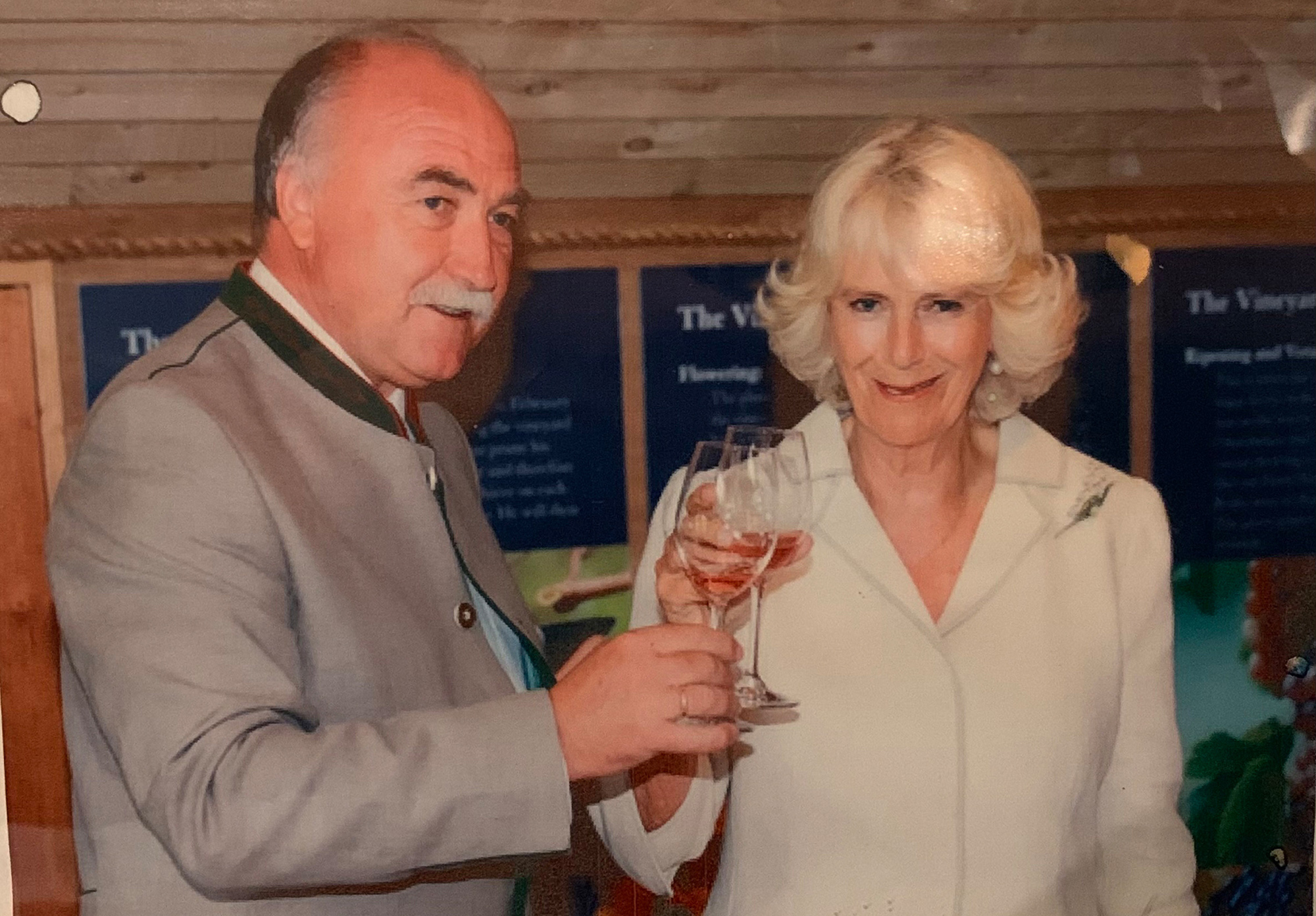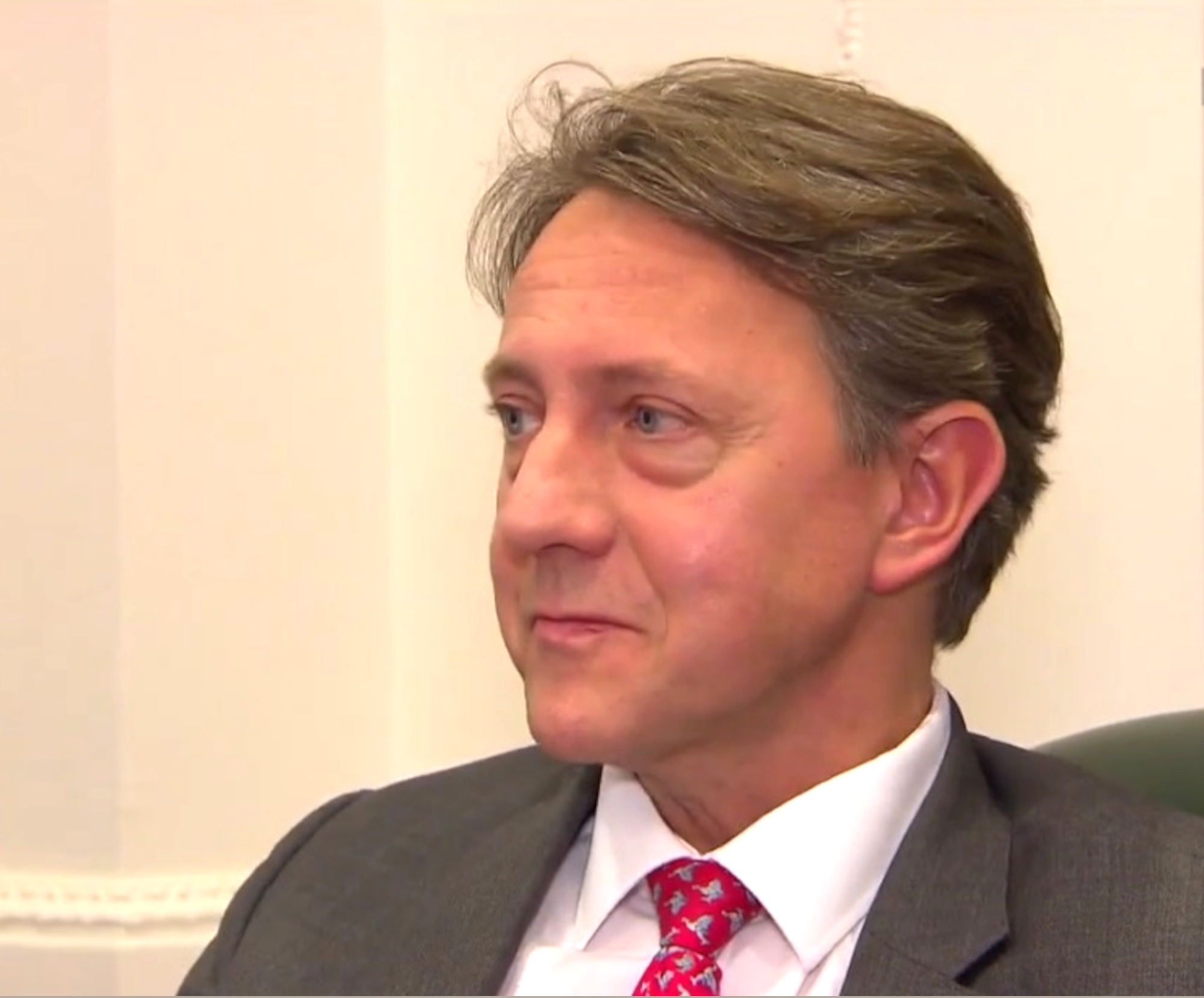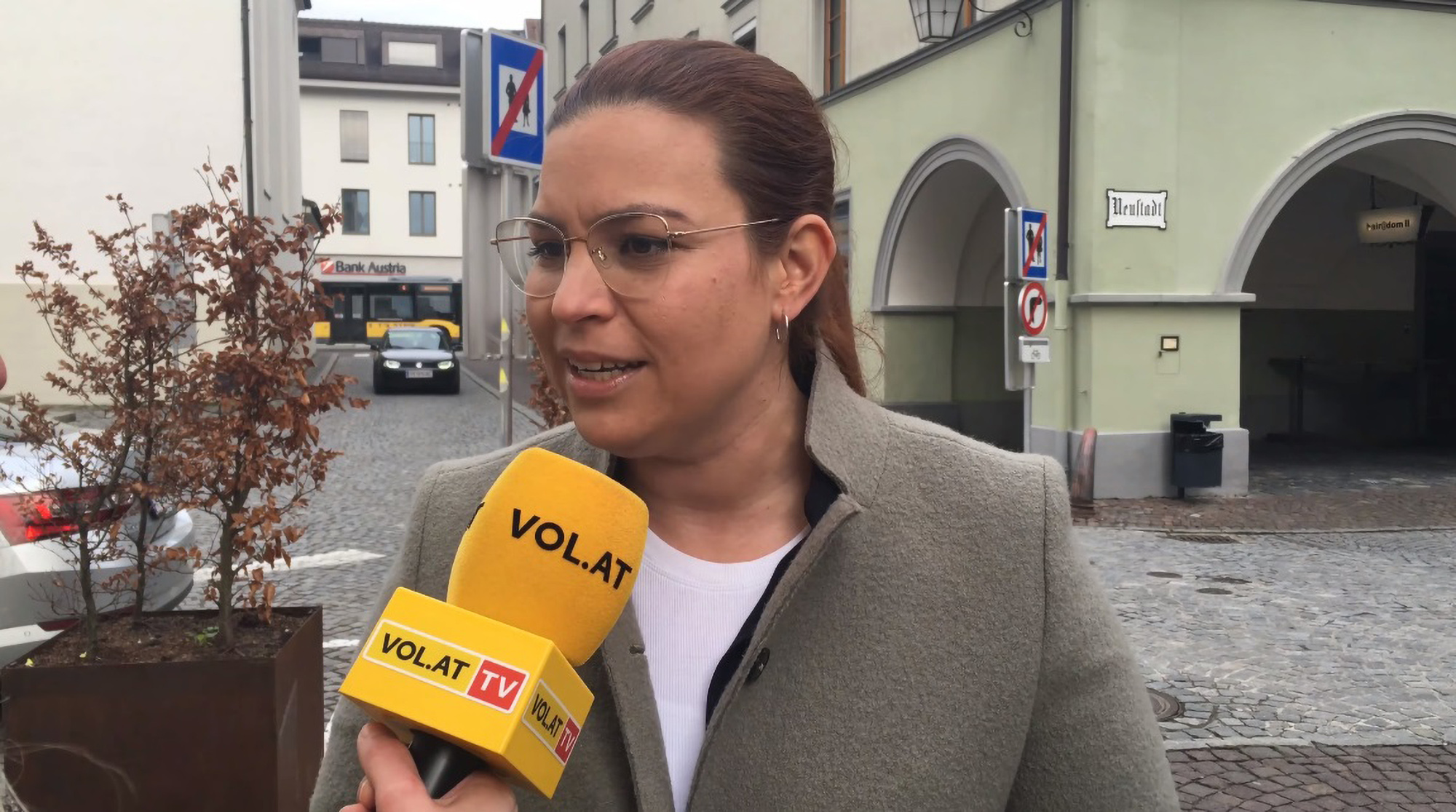State Broadcaster Gets Bigger Fees From TV Licence
Opposition parties in Austria are furious after the government revealed details of its upcoming public broadcasting fee reform which could dramatically increase the broadcaster’s budget but will reduce the number of news stories it can publish.

As part of the deal, the ruling coalition agreed to limit the number of stories that the broadcaster can publish on its hugely popular news website to 350 articles per week to ensure it poses less of a threat to the country’s struggling newspapers.
The Austrian Broadcasting Corporation’s (ORF) online news platform has been the most popular website in the country for many years. With more than 131 million visits, ORF.at was miles ahead of the second-hand platform Willhaben (99 million) and webmail service GMX (83 million).
The Kronen Zeitung is currently the ORF’s only significant rival when it comes to online news. With 55 million visits, the tradition-rich tabloid reached fourth place in the federal statistics for March.
Now government ministers decided that, as of next year, 70 per cent of everything on ORF.at must be video content to make the page look “less newspaper-like.” The decision is considered a bid to avoid legal battles with the country’s newspapers. Having experienced a sharp decrease in print copy sales, they are depending on solid viewer figures for their ad-filled online platforms.
Austrian households are currently charged between EUR 22,45 (GBP 19,74) and EUR 28,65 (GBP 25,20) per month, depending on their location. The difference has to do with the contested regulation that the Central European country’s nine regional governments can add a surcharge.
Anyone with a low income is exempt from the ORF tax. People who do not own a radio or television cannot be charged either at the moment.
The government was forced to act after the current regulations have been rejected as unconstitutional by the Federal Constitutional Court (VfGH). In its ruling from July 2022, the VfGH argued that anyone participating in the public debate just by consuming programmes provided by the ORF must support the institution financially.
On its free-of-charge TVThek platform, the ORF provides a comprehensive streaming service. Most of its programmes can be viewed there via any digital device for seven days. The court verdict has been considered an attempt to “eradicate the streaming loophole.”
VfGH judges told the federal government it must ensure a full restructuring of the current system by 2024. Opposition parties have reacted highly critically to the first details of the new model that have now been revealed by Media Minister Susanne Raab of the conservative People’s Party (OeVP) and Greens whip Susanne Maurer.
The reform is expected to affect all of the 400,000 households which have successfully applied for exemption for not owning a television or a radio.
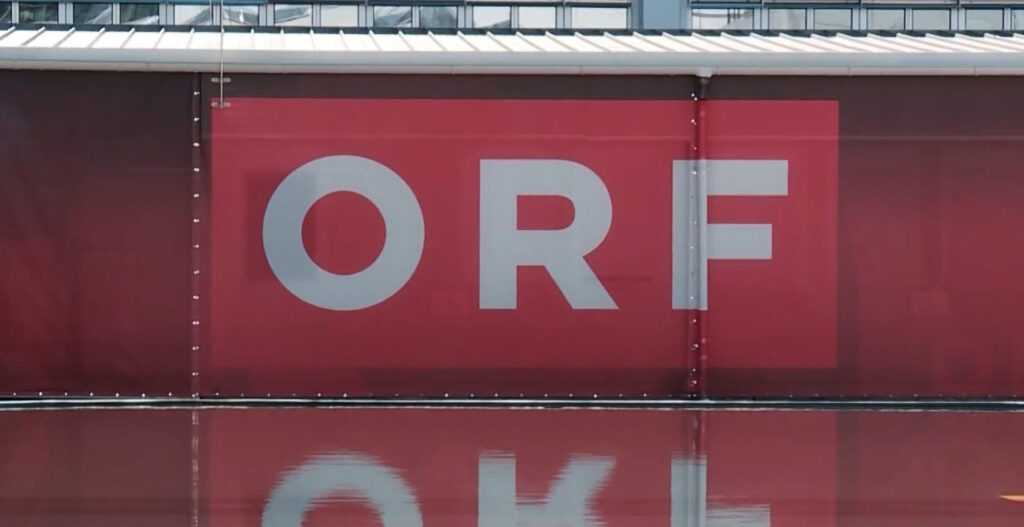
Raab explained that every home in the country will be charged EUR 15,30 (GBP 13.46) per month, she said, but underlined that the provincial surcharges were not included in this sum.
The conservative politician claimed customers would save around 30 per cent from 2023, adding that secondary residences would not be affected. Raab also said that no changes were planned to the current regulation that allows financially struggling individuals – such as pensioners and unemployed people – as well as families with low incomes to apply for an exemption.
To be eligible to apply, a single household’s monthly income must not surpass EUR 1,100 (GBP 967), whereas married and unmarried couples will have to prove that their earnings are lower than EUR 1,752 (GBP 1,541).
The ORF received around EUR 664 million (GBP 584 million) from viewers last year, down from EUR 676 million (GBP 595 million) in 2021. Viennese newspaper Oesterreich claims that the upcoming reform would send this figure beyond EUR 800 million (GBP 703 million).
Media minister Raab meanwhile welcomed the ORF board’s announcement of a EUR 325 million (GBP 286 million) cost-cutting regime but urged bosses of the broadcaster to ensure more transparency when it comes to making information on presenters’ additional occupations and various commercial cooperations public. The minister mentioned the BBC as an example of how the ORF must reform its policy in this regard.
Raab and Maurer reportedly also plan to publish the income of employees of various ranks in the ORF’s different departments without revealing any names.
Maurer praised the ORF’s “value for democracy in times of disinformation.”
The Greens whip argued: “The ORF belongs to all of us, therefore we should all pay for it.”
Maurer promised the government would do all it can to avoid a shutdown of the broadcaster’s sports channel, ORF Sport Plus. She also vowed to fight for the existence of its Radio Symphonic Orchestra.
However, the Greens politician also warned there had to be a stronger focus on “making the ORF competitive” to get the attention of young people.
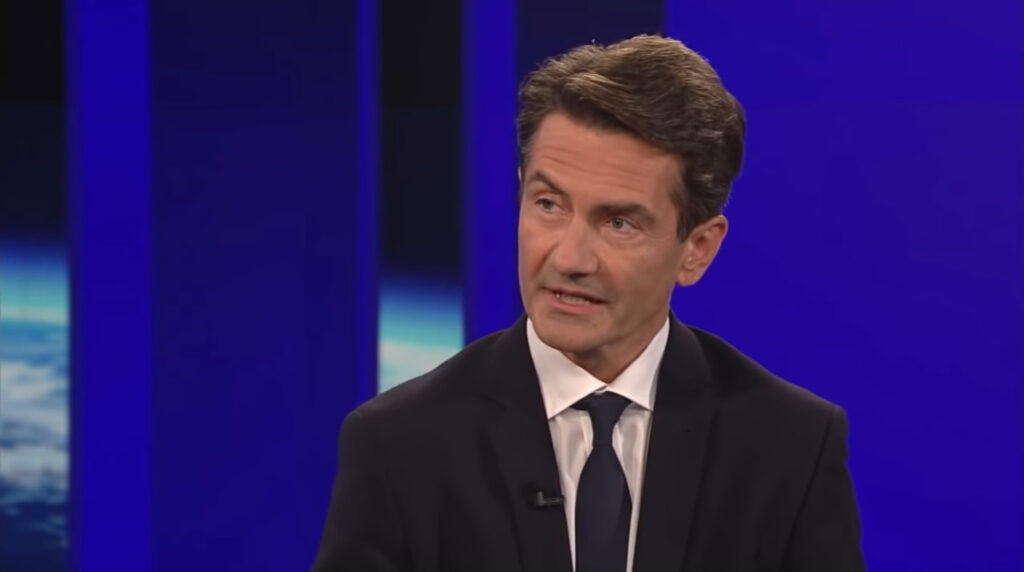
ORF general director Roland Weissmann said: “I appreciate the federal government’s pledge to develop a sustainable financial model for public broadcasting.”
Weissmann added: “We are aware of our viewers’ expectations and we do take criticism seriously.”
Joerg Leichtfried is the media affairs spokesman of the Social Democrats (SPOe). The opposition politician dismissed the planned ORF fee reform for allegedly ignoring people’s incomes. He said: “We need a more socially balanced financing of the ORF.”
Leichtfried argued students must not pay as much as well-off owners of villas. The SPOe MP accused the OeVP-Greens coalition of having agreed on nothing but nice-sounding headlines.
The Neue Zeit, a left-wing newspaper, hit out at the government over its refusal to install a reduced monthly charge for people with low income. It argued: “If the reform comes into effect as planned, nurses will pay as much as millionaires.”
A survey by market research firm Unique Research found that 58 per cent of Austrians are against an ORF charge for all households.
Earlier this year, more than 167,400 citizens signed a referendum calling for the complete abolition of any ORF fees. Since the initiative found the support of more than 100,000 people, the topic must be debated in the national parliament.
Christian Hafenecker from the right-wing Freedom Party (FPOe) said: “The household fee is nothing but an enforced tax by which the OeVP and the Greens increase the pressure on the people who are currently strained by sky-rocket inflation.”
Hafenecker said the upcoming reform was “nothing but hot air”. He branded Media Minister Raab as “overwhelmed” and “lacking any strategy.”
Henrike Brandstoetter of NEOS, a small liberal opposition party, announced: “Opting for a cost-cutting regime and introducing a household charge will not suffice to finally transfer the ORF into the 21st century.”
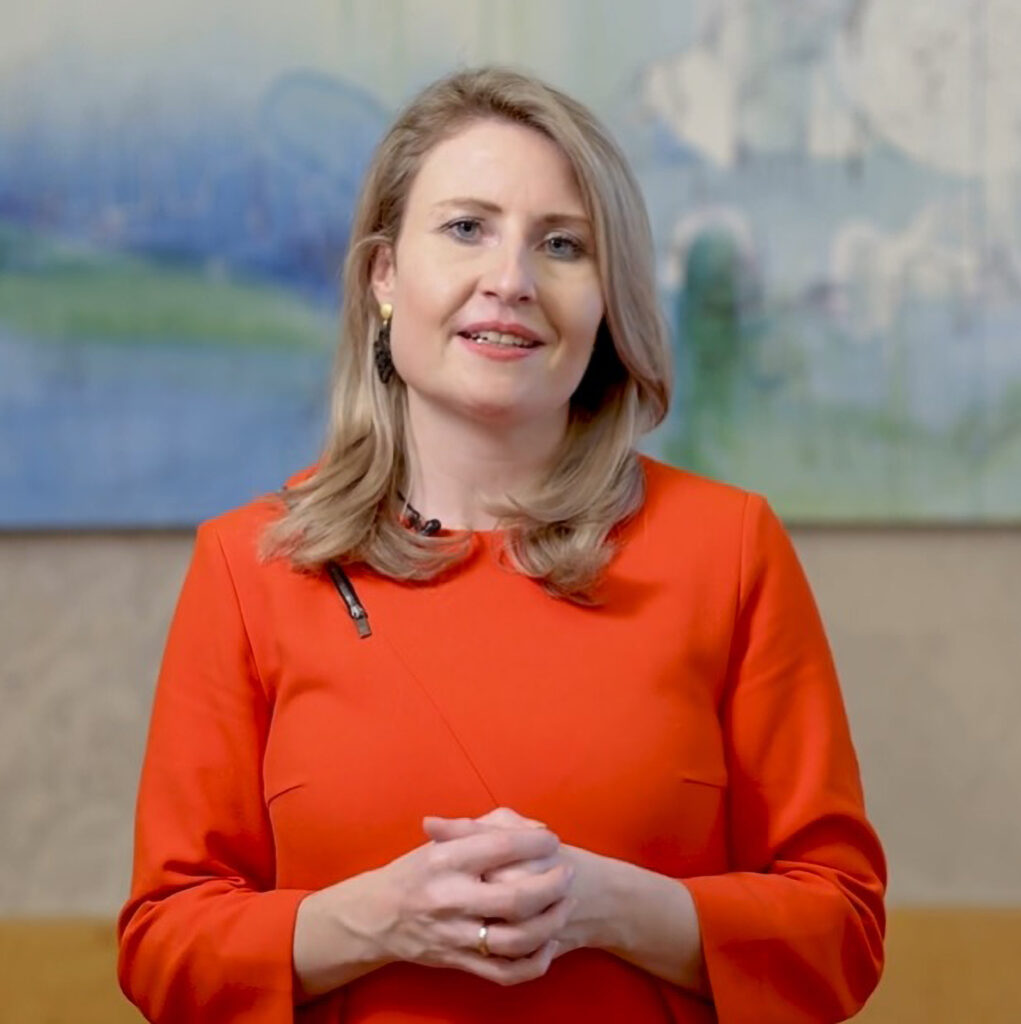
She labelled the decision not to abandon the regional governments’ surcharge privilege as a “missed opportunity.”
Media experts, commentators, analysts, public initiatives and lawmakers from all sides of the political spectrum have accused ORF bosses and editors for many years for allegedly being prone to political interference.
In November of last year, then-chief editor Matthias Schrom decided to leave the broadcaster after text message conversations between him and former FPOe head Heinz-Christian Strache emerged. The right-wing politician complained about the way his party was portrayed on ORF1 television. Schrom – back then in charge of the news coverage on the ORF2 channel – replied: “That’s obviously unacceptable. (…) I’ve been stunned for some time by what’s going on there and why no one’s bothered.”
The ORF – which is headed by Weissmann since January 2022 – is headquartered in the federal capital of Vienna. It has studios in all nine regional capitals and foreign correspondents around the world.
The Austrian version of Strictly Come Dancing, winter sport and Formula One live coverage as well as its primetime news broadcasts, are among the company’s most popular television programmes.
None of its main domestic television competitors – Puls4, ATV and Red Bull’s ServusTV – achieve two-digit market shares.
The ORF – which has more than 3,100 employees – also runs several highly popular radio stations and social media channels. Its “Zeit im Bild” news account has nearly one million subscribers on Instagram.

